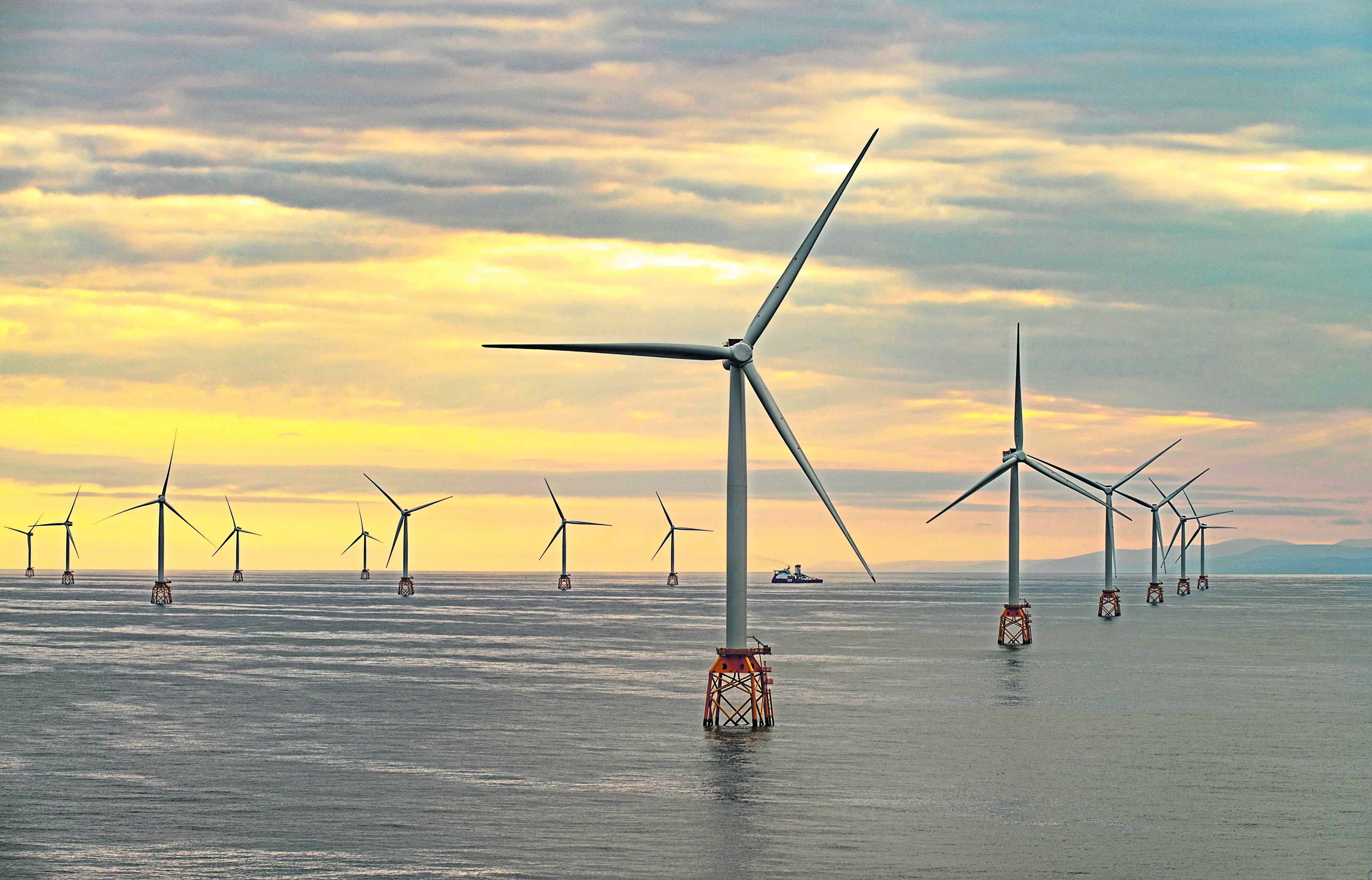
Scottish business activity has fallen by 9% over the last three months against a backdrop of rising costs, falling investment and continued uncertainty, according to new figures.
The Scottish Business Monitor found almost a third (30%) of businesses have scaled back all new investment with the Brexit deadline looming.
Produced by the Fraser of Allander Institute and law firm Addleshaw Goddard, the survey monitors business opinion and activity by polling more than 500 firms across Scotland.
The latest findings from June to August reveal that despite 71% of companies expecting costs to increase over the next six months, their long-term economic confidence remains high.
Fewer firms are reporting increases in capital investment, however, with the current rate below the average of the last five years.
The financial services sector experienced the strongest growth, with a quarter of firms experiencing increased business activity, while companies in the accommodation and food services declined to a net of -32%.
Manufacturing also moved back into negative figures, with a net response of -2%.
Professor Graeme Roy, the Fraser of Allander Institute’s head of economics, said:
“Coming after last week’s negative growth figures for Scotland, today’s survey shows that despite all the Brexit uncertainty, Scotland’s businesses are remaining resilient.
“Growth appears to have returned in the summer months.
“But today’s survey of Scottish business sentiment shows that over 90% of Scottish firms expect that the ongoing economic uncertainty will have an important or very important impact on their operations in the coming months.
“Unblocking the Brexit deadlock is absolutely crucial and will enable businesses to get back to what they do best, creating jobs, investing in the future of their operations and growing into new markets.”
Malcolm McPherson, senior partner at Addleshaw Goddard in Scotland, said: “These figures show firms are not relaxed in spite of incremental growth and remain focused on weathering the storm that is Brexit, scaling back growth ambitions and investment accordingly.
“There are some exceptions, such as the energy sector including both traditional oil and gas, and the renewables industry.
“Energy is a key strength of Scotland’s economy, and continues to attract investment for growth and long-term sustainability.”
He added: “So far, this approach has worked for some sectors, most notably manufacturing, which returned to growth following a sector-wide stockpiling exercise ahead of the initial Brexit deadline at the end of March, but it is important businesses remain focused on long-term drivers.
“An insular approach may protect businesses to a certain extent but this directly impacts supply chains and businesses who are vulnerable to shifts in buying behaviour, a trend that is beginning to establish itself in these figures, which puts future growth in question.”
Recommended for you
